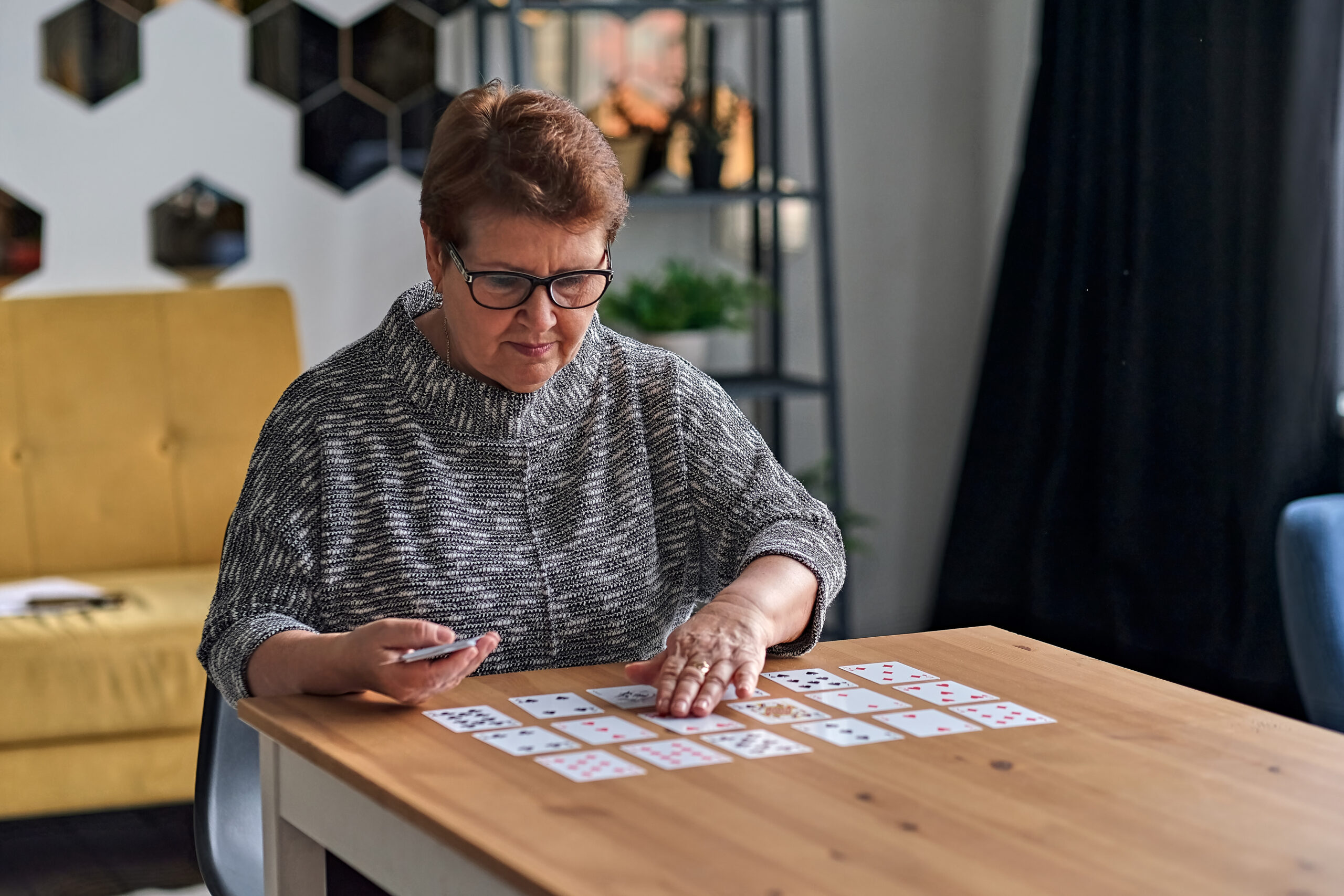How does menopause affect family gatherings
Menopause is a significant life transition that affects not just the individual experiencing it, but also their family and social interactions. When it comes to family gatherings, menopause can have a subtle yet profound impact on how women participate and engage with their loved ones.
Firstly, menopause often brings about physical changes that can be challenging to manage in social settings. For instance, hot flashes are a common symptom, and they can occur at any time, including during family gatherings. Imagine being in the middle of a lively conversation or enjoying a meal when suddenly you feel an intense wave of heat. This can be embarrassing and disrupt the flow of interactions. Women might find themselves needing to step outside for some fresh air or adjusting their clothing to cool down, which can draw attention away from the event itself.
Another aspect is the emotional and psychological changes associated with menopause. Mood swings, anxiety, and what is often referred to as “brain fog” can make it difficult for women to fully engage in conversations or remember important details about family members. This can lead to feelings of frustration or isolation, even in the midst of loved ones.
Menopause also affects physical health in ways that can impact family gatherings. For example, the loss of bone density can make physical activities more challenging, limiting participation in family games or outings. Additionally, the weakening of pelvic floor muscles can lead to issues like urinary leakage, which might make women more cautious about laughing or engaging in activities that could trigger accidents.
Despite these challenges, menopause does not have to be a barrier to enjoying family gatherings. Open communication and understanding from family members can go a long way in making these events more comfortable and inclusive. By acknowledging the changes menopause brings and offering support, families can create an environment where everyone feels valued and included.
In essence, menopause is not just a personal experience but a family affair. By embracing this transition with empathy and understanding, families can ensure that their gatherings remain joyful and meaningful for everyone involved.





